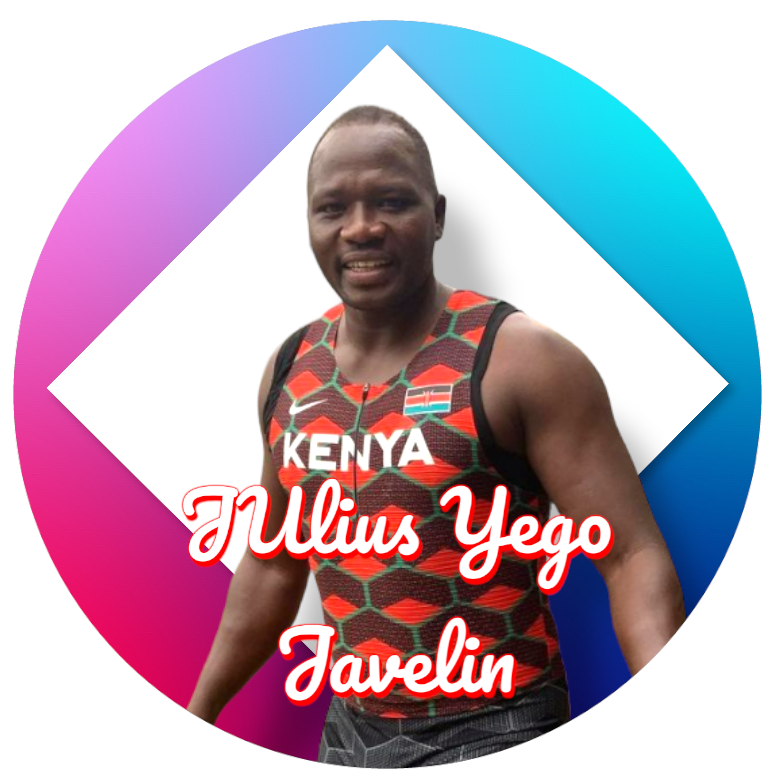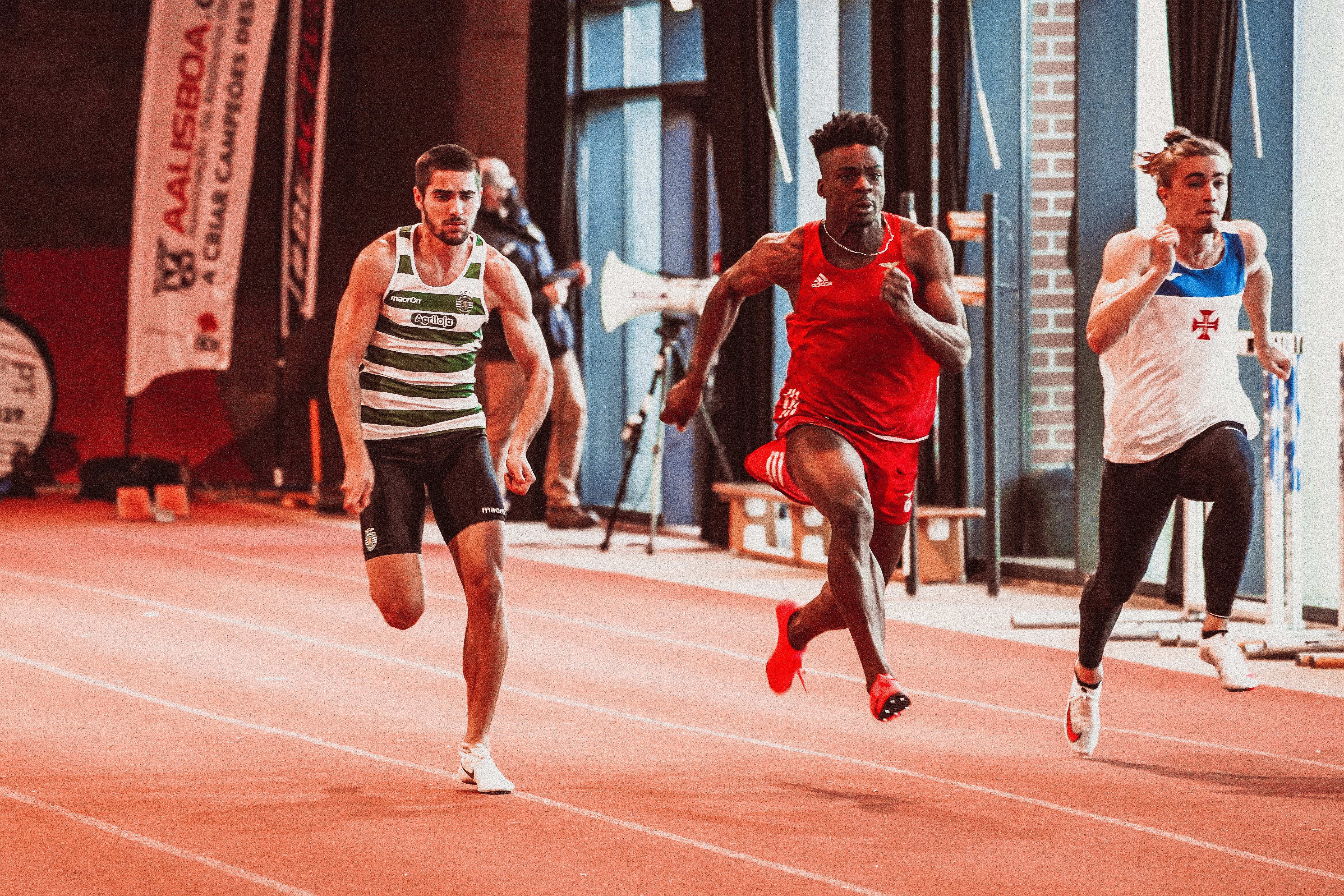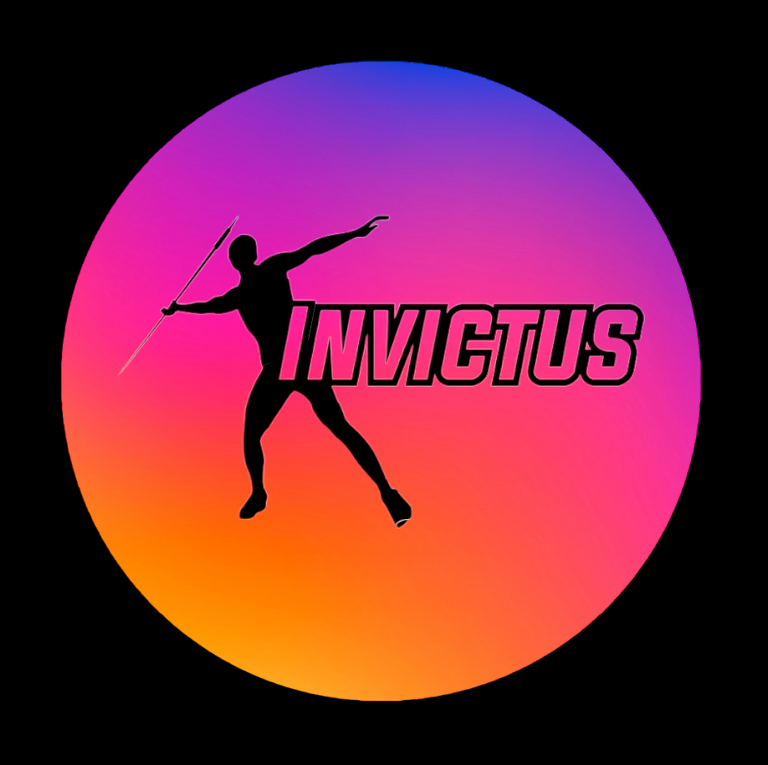Unlock Your Athletic Potential with Invictus Sport: Satisfied Customer Shares Transformational Feedback from Olympian Julius Yego
Invictus Sport is on a mission to revolutionize the sports coaching industry by enabling athletes of all levels to receive personalized feedback from world-class Olympians. In this extraordinary testimonial, a customer from Kansas shares their experience and highlights the immense value that Julius Yego's feedback added to their son's javelin throwing journey.
The customer expressed, "The feedback from Julius Yego has been very helpful for me in coaching my son, a high school javelin thrower in Kansas." This sentiment underscores the pivotal role that Olympians like Yego play in empowering aspiring athletes with expert guidance.
Yego's feedback transcended conventional coaching methods. Through a combination of clear identification of areas for improvement and insightful visual aids, including diagrams and a voice-over that accompanied the athlete's uploaded video, the coaching experience became highly informative and engaging.
The customer continued, "For example, we learned that my son’s lead hand was not fully extended and to get a good plant, that would be important to fix." This level of precision and attention to detail is emblematic of the caliber of coaching available on the Invictus Sport platform.
Additionally, Yego provided invaluable insights into the intricacies of footwork, highlighting the need for a specific adjustment to enhance speed during the run-up. The customer explained, "My son’s right foot was perpendicular to the target but needed to be more like 45 degrees." Such nuanced guidance from an Olympian can make all the difference in an athlete's performance.
What truly sets Invictus Sport apart is the passion and dedication demonstrated by Olympians like Julius Yego. The customer emphasized, "I can just tell how passionate Yego is by the amount of care he gave in this feedback, and this makes a world of difference." This dedication to helping athletes reach their full potential is at the heart of Invictus Sport's mission.
The customer's testimonial serves as a resounding endorsement of Invictus Sport's unique coaching platform. They concluded, "I recommend this service highly! It’s not often possible to get feedback from a world-class athlete."
Invictus Sport is committed to empowering athletes worldwide by making personalized coaching from Olympians accessible and impactful. The success story shared by this satisfied customer exemplifies the profound difference Invictus Sport can make in an athlete's journey towards excellence.






